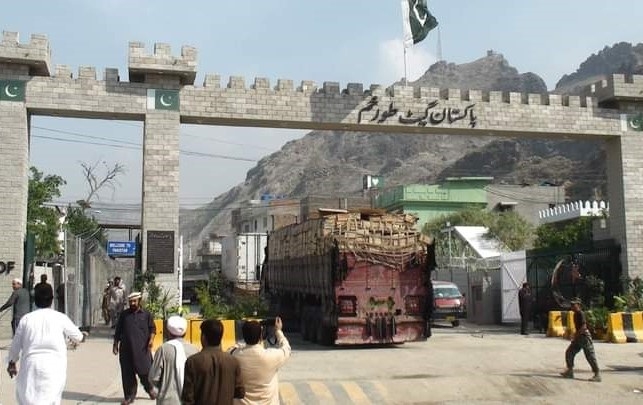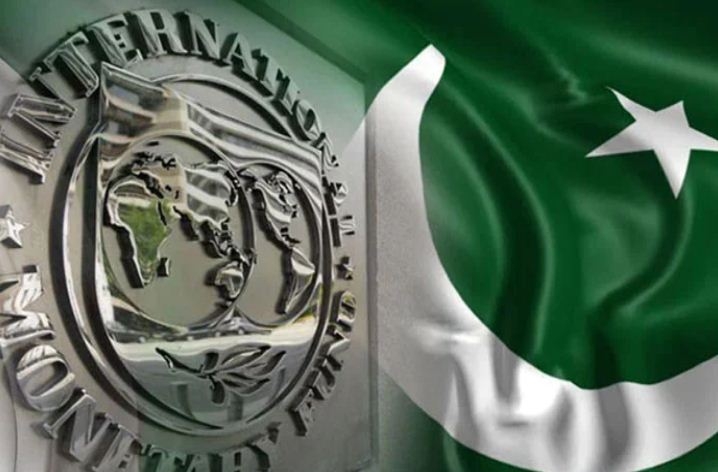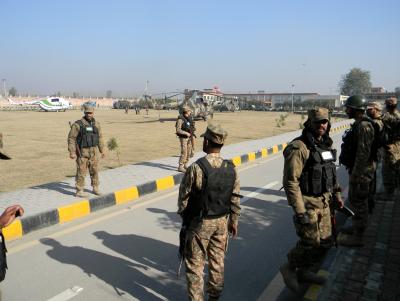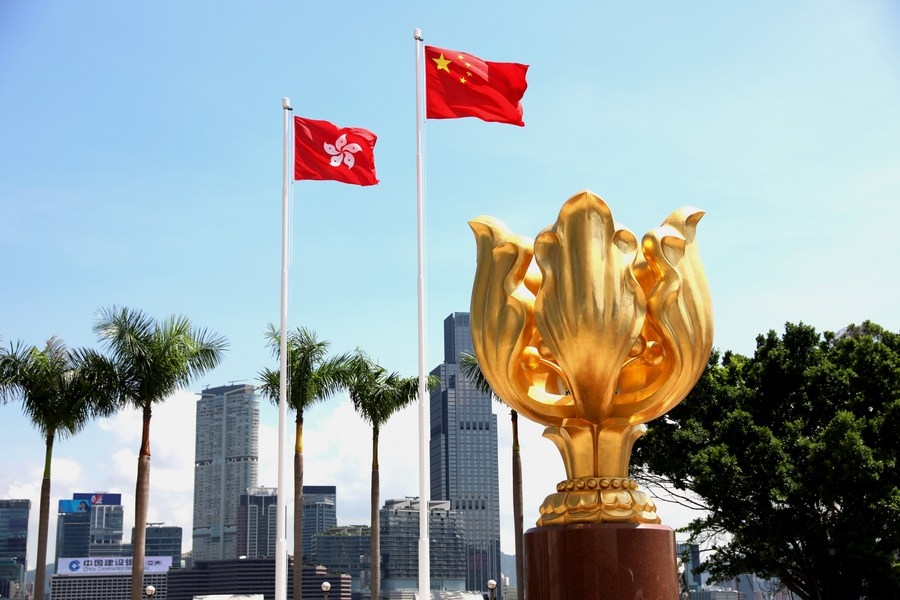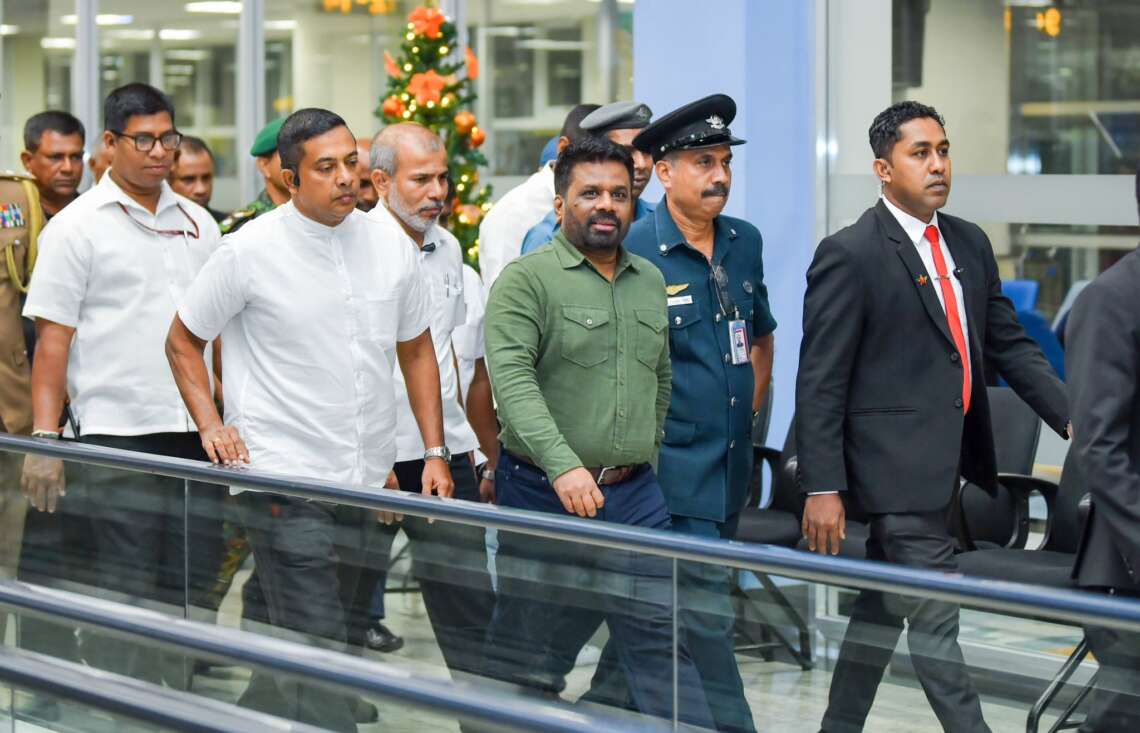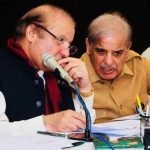Pakistan misses export target for 2024-25 despite modest growth, with rising imports widening the trade deficit and prompting urgent cost-cutting measures across key sectors….reports Asian Lite News
Pakistan has fallen short of its annual export target for the fiscal year 2024–25, as widening trade imbalances and surging domestic costs fuel growing economic uncertainty. According to data released by the Pakistan Bureau of Statistics (PBS), the country managed exports worth USD 32.106 billion during the fiscal year—just below the government’s official target of USD 32.341 billion.
At first glance, the shortfall appears marginal. But combined with higher-than-expected imports, it has widened the country’s trade deficit to USD 26.274 billion—overshooting projections by more than USD 1.3 billion. The government had anticipated a deficit of USD 24.941 billion.
Despite the missed goals, exports did rise year-on-year by 4.67%, and imports grew by 6.57%, indicating some degree of economic momentum. Total exports, combining goods and services, reached USD 58.38 billion, slightly above the target of USD 57.283 billion, according to PBS data cited by ARY News.
Still, analysts say the growth rate in exports hasn’t kept pace with rising import bills, largely driven by elevated global energy prices and a weak Pakistani rupee. The imbalance continues to strain the country’s external account and foreign exchange reserves, forcing the government to take remedial measures.

In one such step, the Ministry of Maritime Affairs announced a 50% reduction in charges for export and transhipment containers, effective July 1. The relief applies to cargo at Port Qasim, including Marginal Wharf, FOTCO, and PIBT. The move aims to boost competitiveness by easing the cost burden on exporters. However, the reduced rates exclude empty containers, as per the official notification.
The Ministry also eased charges at DP World terminals, in a bid to spur port activity and trade flows amid persistent inflation and sluggish investment.
But while exporters may get some respite, other sectors are under pressure. In a separate development, Pakistan Railways announced a second fare hike in less than a month. From July 4, a 2% increase in ticket prices will apply to all passenger and express trains, including advance bookings.
The fare hike comes on the heels of a 3% increase in passenger fares and a 4% hike in freight charges announced just two weeks ago. The railways ministry has cited rising diesel costs as the primary reason behind the revision, revealing that the department has been losing over PKR 109 million monthly due to increased fuel expenses.
Adding to the financial burden on ordinary citizens, the federal government has also raised fuel prices for the ongoing fortnight ending July 15. Petrol now costs PKR 266.89 per litre—an increase of PKR 14.80—while high-speed diesel has been raised by PKR 10.39 to PKR 272.98 per litre.
The wave of price hikes didn’t stop at fuel. The Oil and Gas Regulatory Authority (OGRA) has also approved new gas tariffs, effective July 1. While tiered pricing for domestic consumers remains unchanged, fixed monthly charges have risen substantially.
Households with government “protection” status will now pay PKR 600 a month—up from PKR 400—while others will see charges go up from PKR 1,000 to PKR 1,500. High-usage households consuming more than 1.5 cubic metres of gas monthly face a jump from PKR 2,000 to PKR 2,400.
Meanwhile, concerns over civic freedoms have resurfaced after the Human Rights Commission of Pakistan (HRCP) issued a strong statement decrying state interference. The HRCP alleged that its operations had been hindered by arbitrary and illegal actions, including the intimidation of staff and disruption of scheduled events.
The organisation claimed that security officials had pressured venues to demand no-objection certificates for meetings—a requirement not mandated by law. HRCP Chairperson Asad Iqbal Butt was reportedly detained and questioned by police in Karachi in an attempt to suppress the commission’s work.
HRCP Secretary General Harris Khalique warned that efforts to stifle civil society would damage Pakistan’s democratic institutions. Founding member Hina Jillani and former chairperson Zohra Yusuf also voiced alarm at the ongoing crackdown, pointing to a broader trend of democratic backsliding.
In Karachi, residents are grappling with another crisis—a severe water shortage triggered by a major power failure at the Dhabeji Pumping Station. Three days after the outage began, the K-III Pumping House remains inoperative due to a fault in underground electricity cables. The breakdown has resulted in a shortfall of more than 350 million gallons of water per day, affecting major areas including Nazimabad, New Karachi, Landhi, and Korangi.
Officials from the Karachi Water and Sewerage Corporation (KWSC) confirmed that efforts to restore power were being delayed by floodwaters from recent rains. A secondary breakdown at the Damloti Pumping Station has compounded the issue, cutting water supply to Malir, Khokrapar, and Memon Goth.
With energy prices soaring, human rights under scrutiny, and basic utilities in crisis, Pakistan faces a convergence of pressures that continue to test the resilience of its governance and economy.


